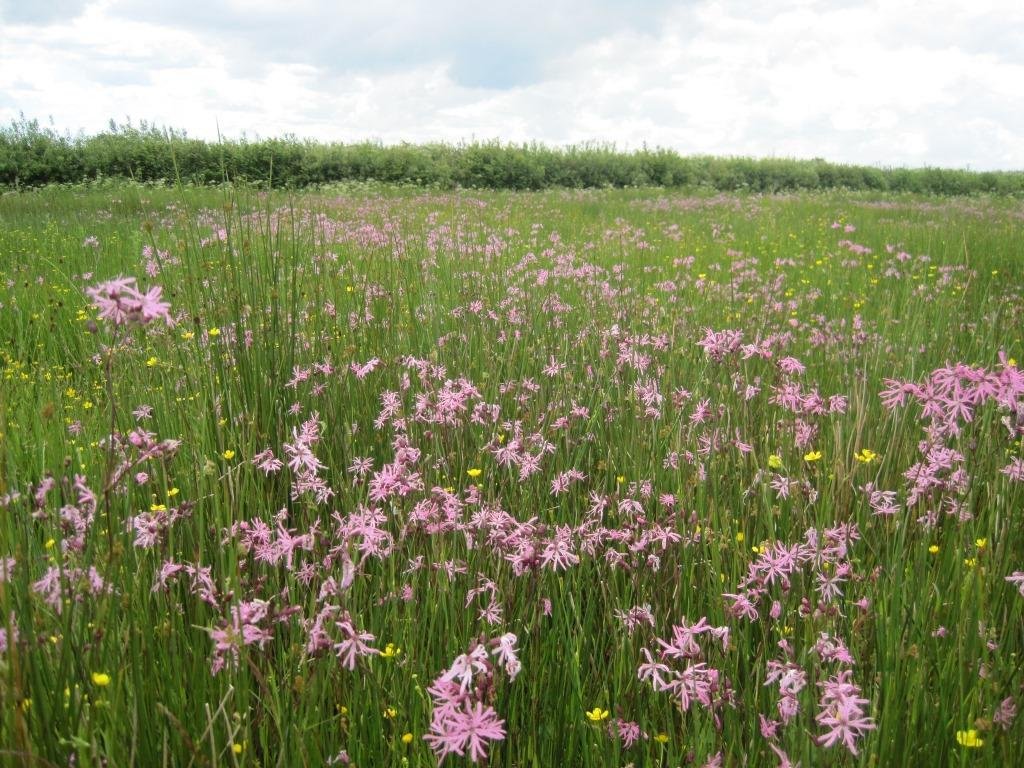Biodiversity Net Gain with Louis Pearson
Wendling Beck Environment Project
Louis Pearson talks through Digg & Co.’s involvement with Biodiversity Net Gain (BNG), past present and future.
BNG is a new and developing off-setting market, which has arisen as a result of the Environment Act in 2021. All developments seeking planning permission have to deliver a 10% biodiversity net gain. To deliver that uplift, we have to find a way of measuring biodiversity. Nature isn’t easily quantified objectively. So the most effective way to measure is metrically, by habitat type, habitat distinctiveness and habitat condition. If the habitats are of a certain value then we can assume that the associated faunal and fungal groups are of equivalent value.
The opportunity for land owners to benefit is from both income diversification and landscape resilience. BNG payments will provide an alternative finance stream to their businesses, whilst also providing good land stewardship by enhancing or creating semi-natural habitats: There are great benefits for bringing nature and wildlife into a farming system, increasing productivity and resilience. After all, a nature-rich landscape can be enchanting, exciting and stimulating.
Digg & Co. are working on several projects which include BNG as a funding stream. These range from small land holdings of 20-40 hectares (ha), to larger government schemes, such as Landscape Recovery run by DEFRA, with projects ranging from 500 to 12,000 ha.
Wendling Beck hedgerow
The Wendling Beck Environment Project (WBEP) is one of the most advanced BNG-inspired schemes in the country. WBEP (see photo above and below) is a 2,000-acre nature recovery project in Norfolk, creating habitats and supporting nature-driven processes on a large scale. Just three years in, it’s beginning to sell units, bringing in income to enable further project implementation. Digg & Co are closely involved as ecological advisers working alongside the project team on the ground.
Wendling Beck heathland
A Digg & Co. masterplan for a small-scale housing development in Suffolk uses BNG as a financing option. Made up of eight dwellings and a nature reserve over a two ha site, the design includes a restored orchard, wildflower meadows, ponds, wetland systems and permeable hard-landscaping. Each plot has a nature-friendly garden design that blends into the nature reserve.
Puddington Moor sketch (see below)
Puddington Moor (10 ha) was purchased by Toby and Bella three years ago. This has been financed and managed through a BNG agreement with The Environment Bank, one of the first made by the company. Digg & Co.’s masterplan of the site includes species-rich grassland, diverse scrublands adjacent to existing woodland and billowing hedgerows. Previously managed as an arable swede field, a bespoke habitat management agreement (HMA) allows the implementation of the masterplan. The objective is to restore the priority habitat of Culm grassland across the plot of land financed through BNG.
Puddington Moor wildflowers
BNG incentivises strong relationships between land owners, managers and consultants. Our ability to understand farming and forestry systems and the challenges, constraints and opportunities on farms allows us to advise and work with landowners to bring biodiversity into their landscapes in a way that supports their desired land use, whether that’s livestock farming or rewilding land and turning it back to nature. Throughout these projects the agreements are a minimum of 30 years, so we can build long-term relationships with landowners to help them transition their land into a sustainable future, creating biodiverse, beautiful and resilient landscapes. The long-term goal for Digg & Co. is to ensure that work undertaken to increase biodiversity is long-lasting and of maximum ongoing benefit: From baselining current habitats to creating a coherent and ecologically resilient landscape masterplan, all the way through to producing management plans to deliver these habitat enhancements and managing them in perpetuity for nature.





